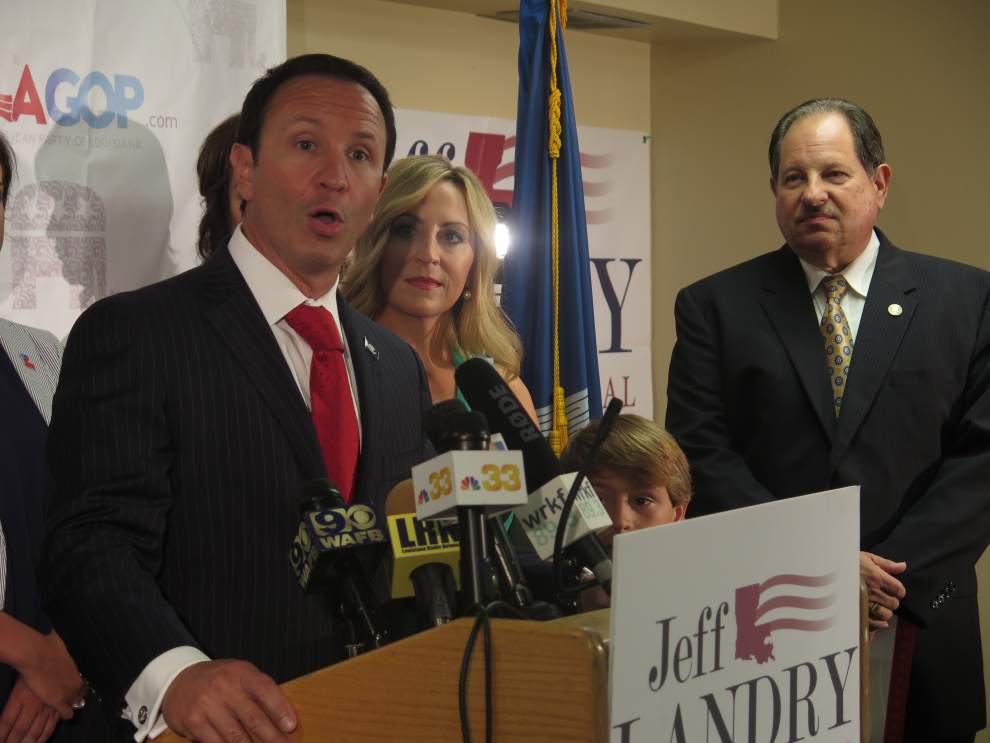Focus on the Family’s Glenn Stanton spoke at the Family Research Council Monday on “The Scientific Objectivity and Universality of Gender Difference.” The context, explained in FRC’s promotion for the talk, was the Obama administration’s directive on transgender students’ access to facilities that match their gender identity — or, in FRC’s words, the administration’s “working to elevate the cause of these individuals who believe their observable, biological sex does not match their gender identity.”
In other words, FRC asked Stanton to validate the organization’s belief that there is no such thing as a transgender identity. FRC’s Peter Sprigg, who introduced Stanton, has written, “Virtually all people have a biological sex, identifiable at birth and immutable throughout life, which makes them either male or female. The transgender movement represents a denial of this physical reality.” It is the trans version of the Religious Right argument that there is no such thing as a gay identity, only a person who experiences “same-sex attraction.” Stanton has previously called homosexuality “a pernicious lie of Satan” and said “there is more evidence for Bigfoot than there is that homosexuality is just who we are.”
Stanton, whose education is in philosophy and religion, spent the better part of an hour making his case, drawing on a New Yorker cartoon as well as a series of books and scientific studies by socio-biologists, evolutionary psychologists, and “secular anthropologists” to argue that there is “a universal male and female nature.”
Stanton discussed books on differences between male and female brains, suggesting that the gender divide in Silicon Valley does not reflect sexism but the fact that the female brain is predominantly hard-wired for empathy, while the male brain is predominantly hard-wired for understanding and building systems. Among other differences he said hold true across cultures: women smile more; women see danger where men see challenges; men are more interested in the world outside their village; women attempt suicide more often but men do so more violently and successfully.
But Stanton utterly failed to link all this to the conclusion that he and FRC are drawing about gender identity and public policy. In fact, the whole exercise left me thinking: So what? How would the existence of some predominant traits in men and women deny the reality of those whose sexual orientation or gender identity falls outside the norm? And how would it justify denial of humane treatment or legal equality?
It may be true that some traits predominate across cultures in men more than women. But that hardly makes them “universal.” There are male pacifists and female warriors; effective female executives and happy stay-at-home dads. Stanton acknowledged that there are many ways to be male — mentioning Clint Eastwood and Mr. Rogers. And, he said, some women can do “man things.” He cited Richard Simmons as someone who intentionally presents himself in a way that doesn’t clearly fit the “objective” way to be male and female. But he brushed all those aside, saying they do not challenge the universal binary norm.
Similarly, in response to a question about Native American cultures that recognized androgynous figures, and even considered them to play a sacred role, Stanton acknowledged the existence of such figures, such as the berdache, which he said have been “co-opted by the gay and lesbian community.” But he clearly could not make this reality fit his universalizing theory.
“Typically,” Stanton said, “that individual tends to be more of a she-male. It’s sort of, if you will, the Richard Simmons type, maybe the Mr. Rogers type, a man who is physically male, but he’s got clear kind of identities for the feminine. He’s — we would call, not in a nice way, in our culture, the Nancy boys, growing up.”
Furthermore, Stanton said, “They do not fit either in the male or the female category, but they are a mix of the two.” But rather than admitting that such a figure undermines his thesis, he claimed that they somehow “prove the rule” because “we understand them based on the binary.”
If you are feeling justifiably skeptical of Glenn Stanton’s claims for the “scientific objectivity and universality” of his views on gender identity, you might read what the American Psychological Association says about transgender identity, or check out some of the many resources available for transgender people and their allies.








